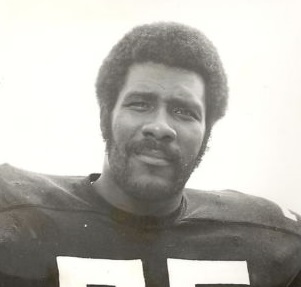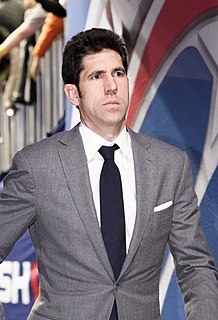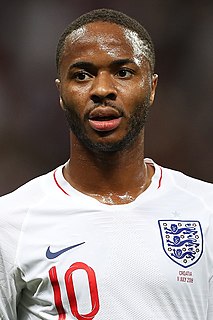A Quote by Luis Suarez
Every player feels differently about playing football. We are all different people. I am the type who wants to win all the time. I hate to lose.
Related Quotes
I don't look at records, that's not why I'm playing the game. Goals, of course. Every player in my position wants to score goals. But most of all, trophies. My target is always to win trophies for Barcelona, and that will always be my motivation, to win things. Nothing feels better than doing that as a team.
Most parents hate to experience conflict, are deeply troubled when it occurs, and are quite confused about how to handle it constructively. Actually, it would be a rare relationship if over a period of time one person's needs did not conflict with the other's. When any two people (or groups) coexist, conflict is bound to occur just because people are different, think differently, have different needs and wants that sometimes do not match.
The important thing to know about playing to win and playing not to lose is that there are actually different neural networks that are being used. It's not very easy to do both at the same time and, if you are trying to have a playing to win mentality, you're going for it, there's some things that trip you up or trigger the wrong neural network. If you start worrying about your mistakes all of a sudden, if you get too focused on the facts and the details, these are going to shift your neural networks and sort of screw up your strategy.




































